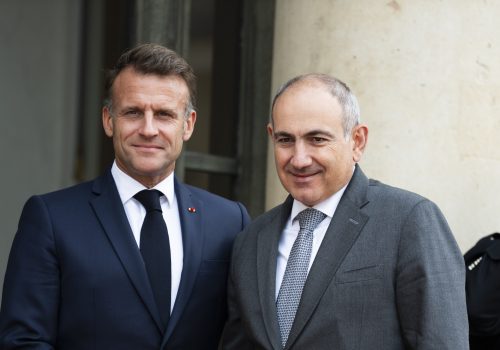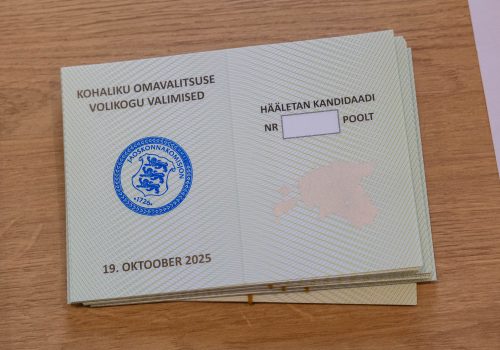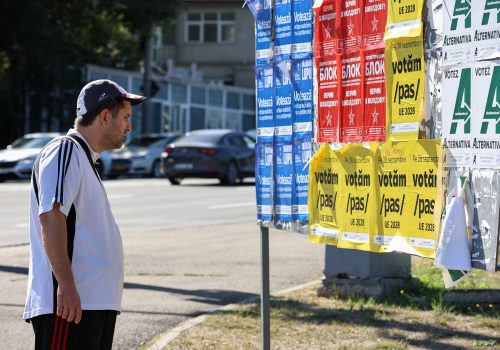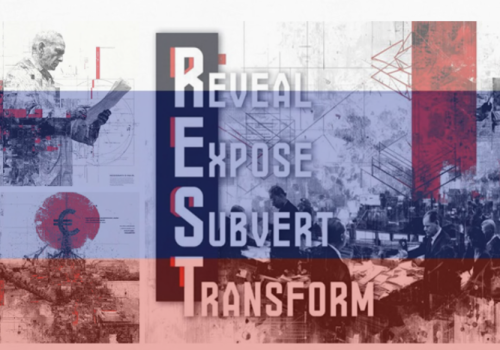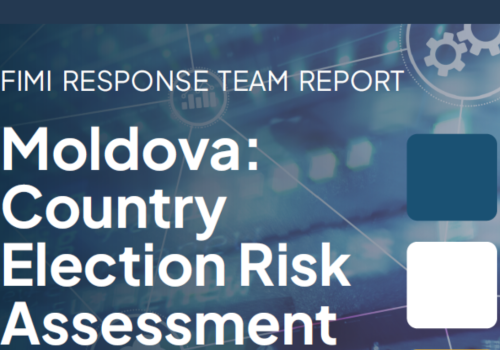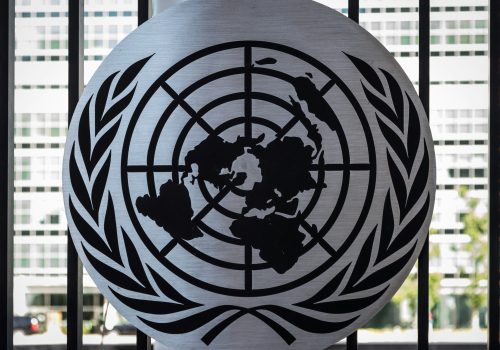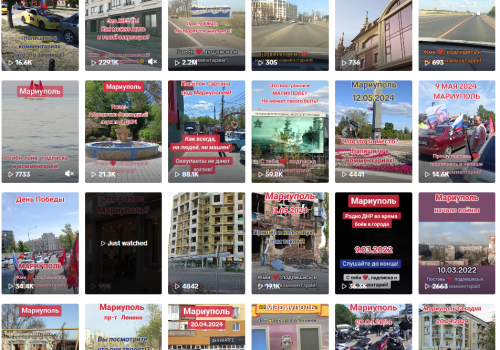Digital Forensic Research Lab
Fri, Nov 28, 2025
Pro-Kremlin actors seed narratives to undermine Western military aid to Ukraine
Alleged hack-and-leak operations were used to amplify cross-platform narratives seeking to destabilize Ukraine's relationship with Western allies.
by Iryna Adam
Tue, Nov 11, 2025
How a forged France 24 report fueled a radioactive lie concerning France-Armenia relations
Forged media, impersonated journalists, and coordinated online networks drove a nuclear hoax targeting Armenia
Thu, Oct 16, 2025
Pro-Kremlin politician weaponizes satire to engage Russian population in Estonia ahead of local elections
The posts lack a clear disclaimer indicating that they are satire and are often perceived as real news, portraying the current Estonian government in a negative light.
Wed, Oct 1, 2025
Targeting the faithful: Pro-Russia campaign engages Moldova’s Christian voters
A coordinated online campaign relied on Christian traditionalist and anti-EU rhetoric to mobilize voters against PAS.
Wed, Sep 24, 2025
Paid to post: Russia-linked ‘digital army’ seeks to undermine Moldovan election
Russia-linked operation active since at least 2024 is using paid 'activists' to target Moldovan vote
Tue, Sep 23, 2025
Sanctioned Russian actor linked to new media outlet targeting Moldova
REST is linked to the Russian threat actor Rybar, which targets EU countries, along with Moldova
by Jakub Kubś and Eto Buziashvili
Mon, Sep 15, 2025
Module II: Partnering to counter information manipulation in South Caucasus and Eastern Europe
The project focuses on strengthening the capabilities of local stakeholders to identify and counter domestic and foreign information manipulations
Tue, Sep 9, 2025
Risk assessment: Moldova’s electoral environment in 2025
Key risks include illicit funding, disinformation, and increasingly sophisticated cyber-enabled influence operations.
Fri, Sep 5, 2025
Analysis: China’s bid to rewrite the internet’s DNA
Clock is ticking as Beijing moves to control the technical rules governing the next generation of the internet
Tue, Aug 26, 2025
Cross-platform campaign accuses Moldova’s Sandu of meddling in Romanian elections
A network of more than 200 coordinated accounts targeted Romania in a months-long operation supporting Simion and Georgescu
Thu, Jul 31, 2025
‘The multistakeholder model is the engine that powers the internet’ —Konstantinos Komaitis on WSIS+20
A statement from Konstantinos Komaitis on the WSIS+20 process and the future of digital governance.
Mon, Jul 21, 2025
Manufacturing reality: How pro-Russian TikTok accounts promote Donbas’s revival
On TikTok, pro-Russian accounts are attempting to craft an image of a thriving Mariupol, despite concerns from citizens on the ground.
by Iryna Adam


